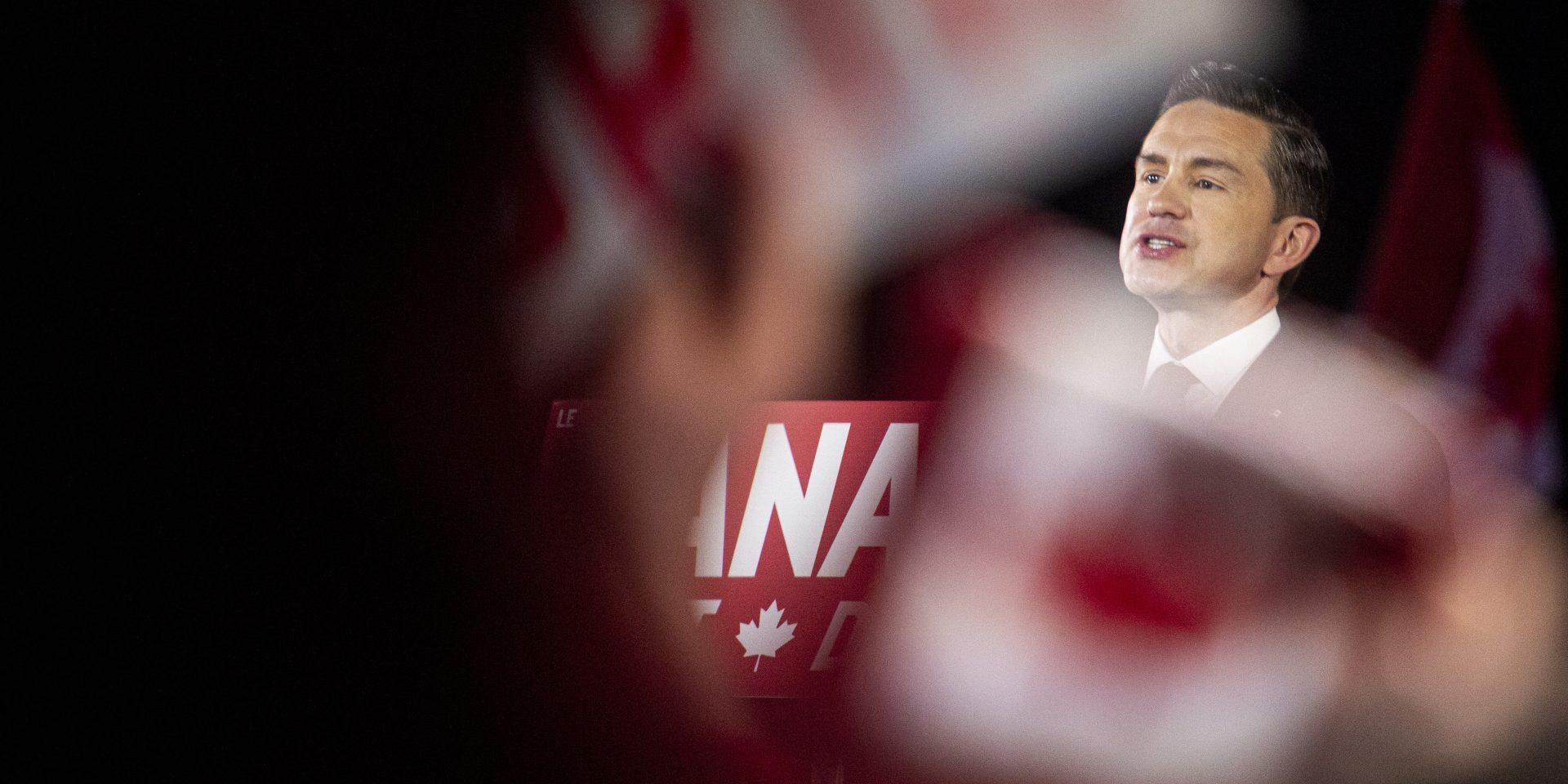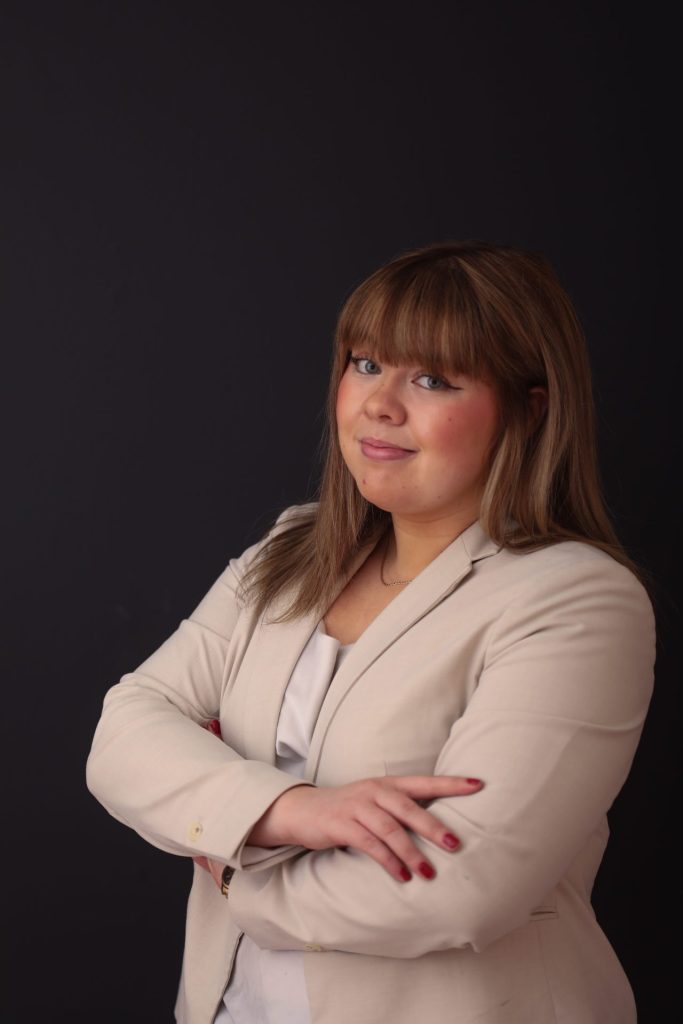What to expect after the Liberal showdown of the decade

The imminent selection of a new Liberal leader, who will also assume the role of prime minister, marks a pivotal moment in Canadian politics. This leadership transition—unfolding against the backdrop of an impending federal election—presents opportunities and challenges for the Liberal Party.
Drawing on personal experience observing Conservative leadership races since 2016, I see clear parallels and valuable lessons that can be applied to the current Liberal leadership race. Understanding these parallels, and the potential implications of the leadership outcome, is crucial for anticipating the evolving political landscape and its impact on the upcoming election.
The choices made in the coming weeks will shape the trajectory of the Liberal Party, and the political conversation in Canada. Here are three key developments to watch for after the Liberal leadership race concludes:
1. Conservatives are ready to define the new Liberal leader, no matter who that is.

The Conservatives have already constructed and teased advertising against the major candidates running in the Liberal leadership race. Liberals, conversely, have largely been unable to define Conservative Leader Pierre Poilievre on their terms nationally during his tenure as leader thus far. There is no clear, sustained message from the Liberals on why they think Poilievre is not the right choice for Canada.
To that end, the Liberals have largely let Poilievre define himself, which—as a very effective communicator—has meant that he has achieved a high degree of name recognition and understanding for his direct style. He has built a connection with Canadians from coast to coast without an alternative presentation directly from his opponents. Poilievre’s challenge in the coming weeks will be ensuring the message is fine-tuned and calibrated to meet the new moment as we respond to events south of the border, and globally.
There is no way the Conservatives will make the same mistake as the Liberals and allow the newly minted prime minister to carry on undefined.
2. Election speculation will only intensify.
Snap election? Throne Speech? An attempt to govern longer? There is already speculation that the new Liberal leader may immediately trigger an election. Expect a barrage of questions about the new leader’s intent, particularly if they garner increased support in the polls.
Regardless of the speculation, Canadians are going to the polls soon. While the exact date remains unknown, it is an election year regardless. All political parties are preparing for that reality.
3. Policy positions will become clearer.
As an election approaches, more details of each party’s plan will come to life. The Conservatives have already made many platform commitments, including policies to respond to tariff threats from the United States, reduce violent crime, and bolster national defence. Their top-line messaging will need to address the new realities amid threats from U.S. President Donald Trump on tariffs, and they are already putting forward these policy pieces. Even more will be required to meet the moment.
Meanwhile, the Liberal leadership candidates are also staking out their positions, and it will be hard for any candidate to distance themselves from policies they announced during the leadership race—or possibly their tenure as a Trudeau minister—as we inch closer to the polls.
This offers an opportunity for the Liberal leadership candidates to get out key pieces of their election platform early. A great example that Liberals can learn from Poilievre is his long-held commitment to a Blue Seal program, which would help trained and skilled newcomers more easily fill gaps as doctors and nurses. This policy he announced years ago is still touted today, long after his leadership race ended.
While each party will chart out its own vision, I predict that what will not change is the inevitability of change itself. That is a good thing because right now, amid tariff threats and economic uncertainty, Canada could certainly use a strong and renewed approach.
Julia Parsons is an account director, public affairs at Hill & Knowlton in Ottawa. Prior to joining H&K, she spent more than seven years on Parliament Hill, and has played a role on countless Conservative campaigns.
The Hill Times





 LICENSING
LICENSING PODCAST
PODCAST ALERTS
ALERTS


